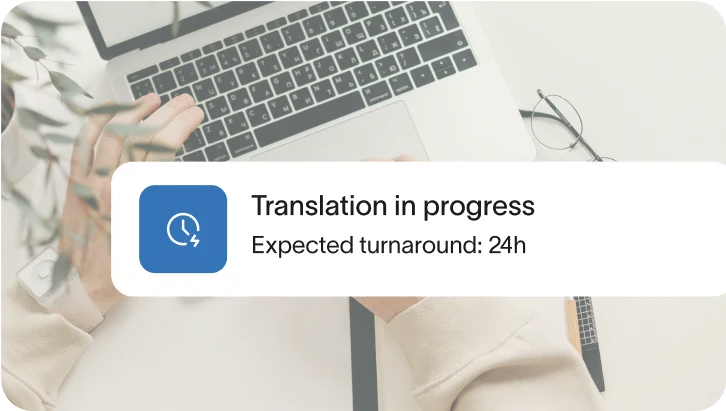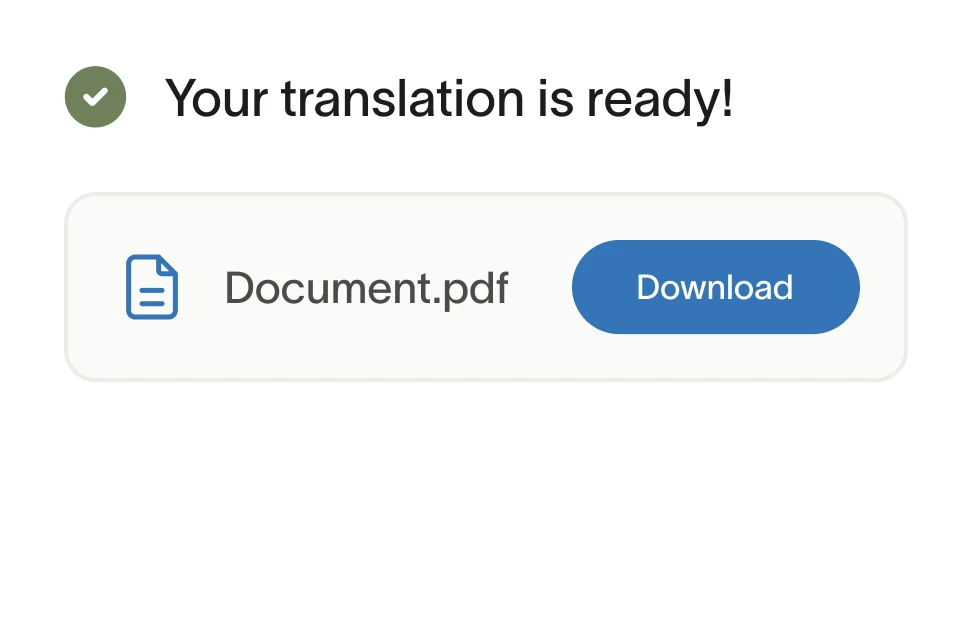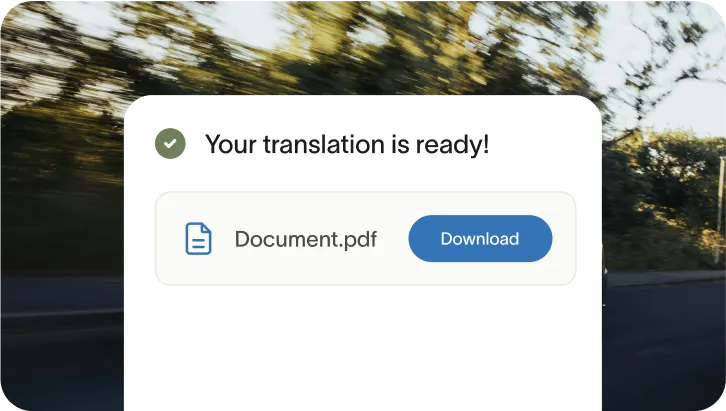We offer notarization as an optional add-on for all certified translations at $19.95 per order. Each Certificate of Translation Accuracy in your order will be notarized by a representative of our company and a Kentucky Notary Public, including their signature, commission number, expiration date, and an official rubber ink stamp. This notarization is valid in all 50 states.
Notarizations are processed in batches twice daily, Monday through Friday. Once your translation is approved, it will be notarized in the next available batch.
Additionally, we offer an apostille service for notarizations that need to be recognized internationally by member countries of the Hague Convention.
Learn more about notarization for certified translations.


























